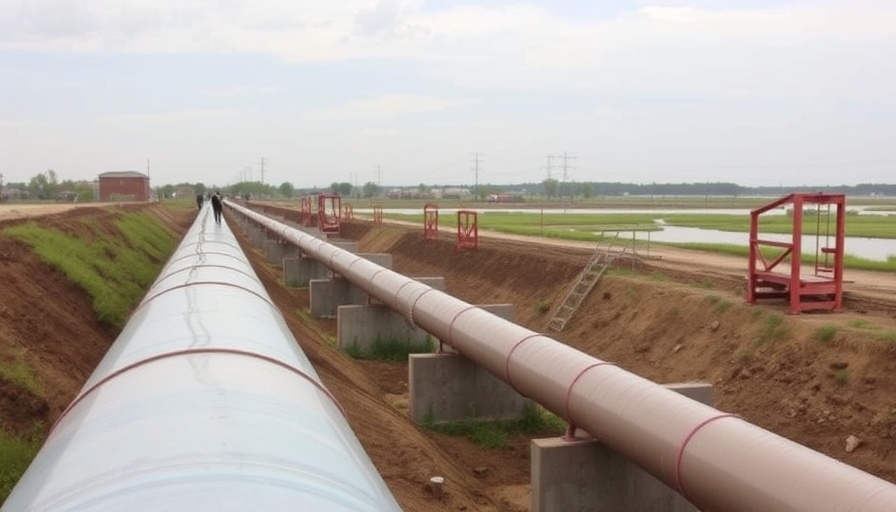
Revolutionizing Heavy Machinery: Introducing the PC220LCi-12 Excavator
At the recent Bauma construction equipment show held in Munich, Germany, Komatsu made waves in the industry by unveiling its next-generation excavator, the PC220LCi-12. This 22-metric-ton machine marks a significant leap forward with features designed to enhance efficiency, operator comfort, and overall productivity.
Exciting Features of the PC220LCi-12
One of the standout features of the PC220LCi-12 is Komatsu’s latest iteration of intelligent machine control, known as iMC 3.0. This state-of-the-art system comes equipped with advanced functionalities, including:
- 3D Boundary Control: This feature helps prevent contact with obstacles, safeguarding both the machine and worksite.
- Semi-Autonomous Truck Loading: Automated swing functions simplify the process, allowing operators to focus on more complex tasks.
- Enhanced Trenching Operations: Technology that streamlines trenching, making it quicker and easier than ever.
The control interface is also user-friendly, with an upgraded 10-inch touchscreen monitor that displays 3D graphics for better visualization of the working environment.
The Power Behind the Performance
Under the hood, the PC220LCi-12 boasts a new 170-horsepower Komatsu engine designed for high torque. Importantly, this engine is paired with an electronically controlled hydraulic system that delivers significant **fuel efficiency gains—an impressive **18% reduction** in average fuel consumption compared to its predecessor. Additionally, this hydraulic innovation increases both arm and bucket forces by 7%, and a new performance mode increases fuel efficiency by 20% while boosting productivity by 18%.
Enhanced Operator Experience
The PC220LCi-12 was designed with operator comfort in mind. The cabin has been completely reimagined and features:
- 30% More Legroom: This redesign aims to accommodate operators of all sizes, promoting comfort during long hours of use.
- Improved Visibility: A 50% increase in visibility towards the lower right-hand side helps operators make safer and more informed decisions.
- Premium Seat Options: Enhanced seating ensures that operators can work comfortably throughout their shifts.
Moreover, the cab is equipped with overhead cooling vents and ample storage space, allowing operators to make full use of their work environment.
Practical Insights for Home Service Contractors
For contractors in the home services industry, understanding the features and benefits of the PC220LCi-12 is crucial. By adopting advanced machinery like this, contractors can:
- Maximize Efficiency: The automation and control features allow for faster completion of tasks, enabling contractors to take on more projects in a shorter time frame.
- Reduce Fuel Costs: Greener technology equates to lower operating costs, which can enhance profit margins.
- Improve Safety Standards: With features like enhanced visibility and obstacle detection, contractors can ensure a safer working environment for their crews.
Looking Forward: A New Era of Excavation
As the construction landscape evolves, so does the need for smarter and more efficient equipment. The PC220LCi-12 represents Komatsu’s commitment to delivering cutting-edge solutions to meet industry demands. With its debut for the North American market coming later this year, the anticipation surrounding this machine indicates a shift toward more intelligent machinery that not only performs better but enhances operator safety and comfort.
A Call to Action for Contractors
For contractors looking to stay ahead of the game, investing in advanced machinery like the PC220LCi-12 may very well be the key to navigating a competitive landscape. With new offerings that promise greater efficiency and safety, now is the time to explore how these innovations can streamline your operations and ultimately lead to greater customer satisfaction.
 Add Row
Add Row  Add
Add 






Write A Comment